Robert F. Kennedy, often referred to as RFK or Bobby, was a charismatic figure in American politics, known for his dedication to justice, civil rights, and public service. His legacy continues to inspire and remind us of the power of leadership, compassion, and the pursuit of a more just society. This post explores the life and accomplishments of Robert F. Kennedy, highlighting his enduring impact on the United States and the world.
Early Life and Education of Robert F. Kennedy

Robert Francis Kennedy was born on November 20, 1925, in Brookline, Massachusetts, as the seventh of nine children in the prominent Kennedy family of Rose and Joseph P. Kennedy. He was raised in a politically active household, which greatly influenced his decision to pursue a career in public service.
“I was the seventh of nine children,” he later recalled, “and when you come from that far down you have to struggle to survive.”
Robert F. Kennedy attended a large number of schools (at least 12 by his own estimate) due to family movement from one location to another. Schools included St. Paul’s, Portsmouth Priory. Graduated from Milton Academy in 1942 after spending 1 year there.
Military Service, Navy Years (October 5, 1943- May 30, 1946)
Joined Naval Reserve as Apprentice Seaman. Assigned as Seaman 2nd Class to the destroyer Joseph P. Kennedy, Jr. Spent war years patrolling for submarines in the Caribbean
After serving in the U.S. Naval Reserve from 1944 to 1946, Kennedy returned to his studies at Harvard University and graduated with B.A in Government (Political Science) in 1948. He later earned his law degree from the University of Virginia Law School, Charlottesville in 1951. Where he graduated 56th in a class of 125. He was then admitted to the Massachusetts Bar in 1951.
Perhaps more important for his education was the Kennedy family dinner table, where his parents involved their children in discussions of history and current affairs.
“I can hardly remember a mealtime,” Robert Kennedy said, “when the conversation was not dominated by what Franklin D. Roosevelt was doing or what was happening in the world.”
Upon graduating from Harvard, Kennedy sailed on the RMS Queen Mary with a college friend for a tour of Europe and the Middle East, accredited as a correspondent for the Boston Post, filing six stories. He covered Arab-Israeli war (June) and Berlin airlift for the Boston Post in 1948, Japanese Peace Treaty Conference in 1951.
Marriage and Family Life
On June 17, 1950, Kennedy married Ethel Skakel at St. Mary’s Catholic Church in Greenwich, Connecticut. Ethel was the daughter of Ann Brannack Skakel and George Skakel, founder of Great Lakes Carbon Corporation . The couple first met during a skiing trip to Mont Tremblant Resort in Quebec in December 1945.

The couple later had 11 children: Kathleen in 1951, Joseph in 1952, Robert Jr. in 1954, David in 1955, Mary Courtney in 1956, Michael in 1958, Mary Kerry in 1959, Christopher in 1963, Matthew in 1965, Douglas in 1967, and Rory in 1968.
“Bob Kennedy was once asked what the most important decision of his life was. His answer?, ‘Marrying Ethel’.” – Bobby Kennedy for President (2018)
𝗠𝗔𝗞𝗘 𝗚𝗘𝗡𝗧𝗟𝗘 𝗧𝗛𝗘 𝗟𝗜𝗙𝗘 𝗜𝗡 𝗧𝗛𝗜𝗦 𝗪𝗢𝗥𝗟𝗗
“Bob Kennedy was once asked what the most important decision of his life was. His answer?, 'Marrying Ethel'.” – Bobby Kennedy for President (2018) pic.twitter.com/nwYxhH1BSY
— Barry Ipapoh (@BarryIpapo) September 25, 2023
Public Service and the Department of Justice
In November of 1951, he started working as a lawyer in the Internal Security Division of the U.S. Department of Justice; In February 1952, he was transferred to the Criminal Division. On June 6, 1952, he resigned to manage his brother John’s U.S. Senate campaign in Massachusetts.

His brother won the senate seat. In December 1952, at his father’s behest, Kennedy was appointed by family friend Republican Senator Joseph McCarthy as one of 15 assistant counsels to the U.S. Senate Permanent Subcommittee on Investigations.
Kennedy disapproved of McCarthy’s aggressive methods of garnering intelligence on suspected communists. He resigned in July 1953, but “retained a fondness for McCarthy”.
Managing John F. Kennedy’s Campaigns
In 1952, he made his political debut as manager of his older brother John’s successful campaign for the US Senate from Massachusetts, however, he had previously managed three East Cambridge wards during John F. Kennedy’s 1st Congressional campaign, 1946.
He also managed John F. Kennedy’s campaign to be nominated as Vice-President during the 1956 Democratic convention in Chicago.
In November 1959, Robert Kennedy became manager of his brother’s presidential campaign. Following the Kennedy victory, the President-elect tapped his brother, on December 16, 1960, to be Attorney General.
The Legacy of Robert F. Kennedy’s Attorney General
His appointment as Attorney General in 1961, by President John F. Kennedy, brought him into the national spotlight. As Attorney General, he played a pivotal role in the civil rights movement, working to desegregate schools and combat racial discrimination. His commitment to justice and equality made a lasting impression on the nation.
As the brother of the President, Robert Kennedy also had a unique role as adviser to the commander-in-chief. Robert was John’s closest aide, especially after the failure of the Bay of Pigs invasion. He was included in the decision-making process for all major foreign and domestic policy issues.
As attorney General, he launched a successful drive against organized crime, and convictions against organized crime rose by 800% during his tenure. He was a passionate advocate for civil rights. He also became increasingly committed to helping African Americans win the right to vote, attend integrated schools and use public accommodations.
Perhaps his most memorable moment in this regard was his speech in Indianapolis on April 4, 1968, following the assassination of Dr. Martin Luther King Jr. Robert F. Kennedy announced the death of Martin Luther King, Jr. to a majority-black crowd in an Indianapolis park. His impromptu speech is regarded as one of the most powerful and important addresses in American history.
In a time of unrest, Kennedy’s words of unity and empathy resonated with the crowd and demonstrated his unwavering commitment to justice.
“What we need in the United States is not division; what we need in the United States is not hatred; what we need in the United States is not violence or lawlessness, but love and wisdom and compassion toward one another.” — Robert F. Kennedy
Other Memorable Events
He delivered a moving tribute in honor of his brother John F. Kennedy at the Democratic National Convention of 1964, where he received 16 minutes standing ovation. in honor of his brother. In March, 1965, in a three-man team, he reached the summit of Mt. Kennedy. (It was named after President John F. Kennedy on January 4, 1965).He later toured, including South Africa (June 1, 1965) and Kenya; he also embarked on a three week tour of Latin American (Peru, Chile, Argentina, Brazil) on November 10, 1965.
Presidential Aspirations
Robert Kennedy resigned as the attorney general in 1964, following his brother’s assassination in 1963, and waged a successful campaign to become a U.S. Senator from New York.

After the assassination of President John F. Kennedy in 1963, Robert F. Kennedy left his position as Attorney General and entered the world of electoral politics. He was elected as a U.S. Senator from New York in 1964.
In the following years, he gained immense popularity and support, ultimately deciding to run for the presidency. He announced candidacy for President March on 16, 1968 in Caucus Room, Old Senate Office Building, the same his brother had used to announce his bid.
His campaign was marked by a message of hope, progress, and social justice. He lost Oregon Primaries but however went ahead and won the primaries in Indiana, Nebraska, and California.
Tragic End and Lasting Legacy
Tragically, Robert F. Kennedy’s presidential campaign was cut short by his assassination on June 5, 1968 at the Ambassador Hotel in Los Angeles, California, shortly after delivering a victory speech in the California primary. He was 42 years old. The loss of RFK was a tremendous blow to the nation, leaving many to wonder what could have been.
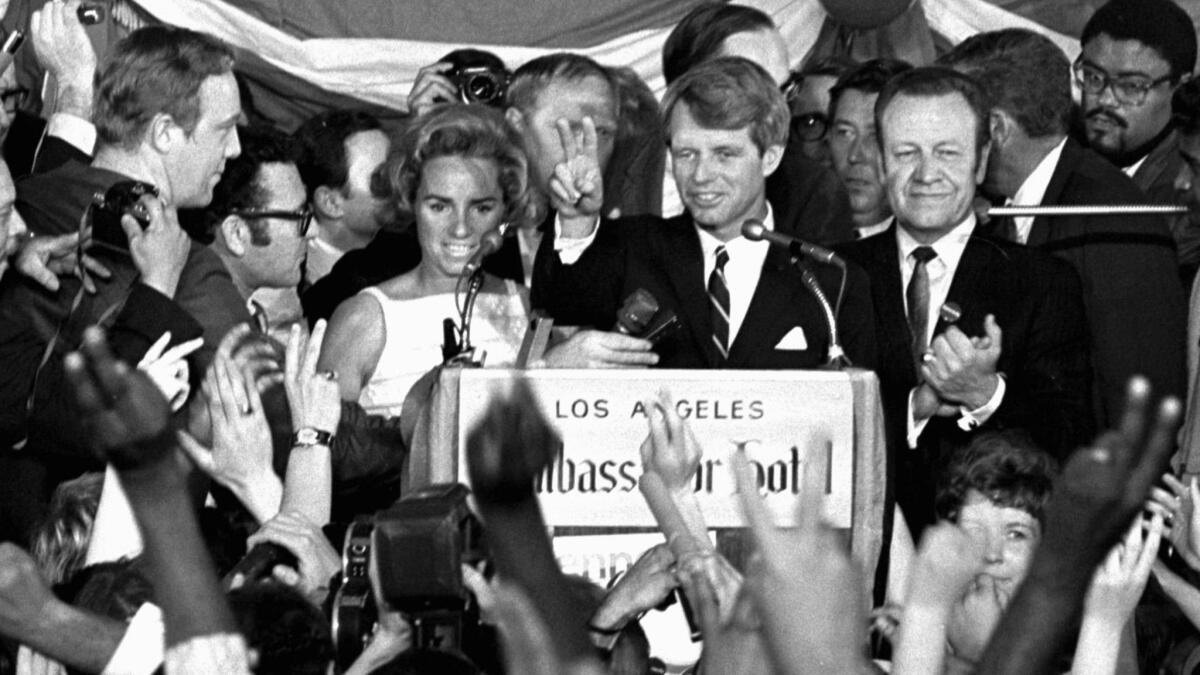
Although his life was cut short, Robert Kennedy’s vision and ideals live on today through the work of the Robert F. Kennedy Memorial in Washington, DC.
However, the legacy of Robert F. Kennedy lives on. He inspired countless individuals to take up the mantle of social justice and public service. His commitment to a more compassionate and equitable society continues to shape our nation’s values and aspirations.
The Robert F. Kennedy Human Rights organization, established in his honor, advocates for human rights worldwide, keeping his dream alive.
Read: Robert Kennedy, The Great President America Lost in 1968
Music Played at his Funeral
Adagietto movement from Mahler’s Fifth Symphony–New York Philharmonic; “Battle Hymn of the Republic”–Andy Williams; Hallelujah Chorus from Handel’s Messiah–choir; “Navy Hymn,” Excerpt from Verdi’s Requiem, Cesar Franck “Panis Angelicus”–Richard Tucker; “In Paradisum”–chorus from Manhattanville College of the Sacred Heart. A Gregorian chant was heard during the mass proper, but in English not Latin. Thus the congregation sang “Holy, Holy, Holy” and “Lamb of God” (The New York Times, 9 June 1968, by Donald Henahan, p. 53).
Robert F. Kennedy was a true statesman, an advocate for justice, and a champion of civil rights. His life and legacy are a testament to the power of leadership, empathy, and the unwavering pursuit of a better world. His words and actions continue to resonate, urging us to be the change we wish to see in the world.

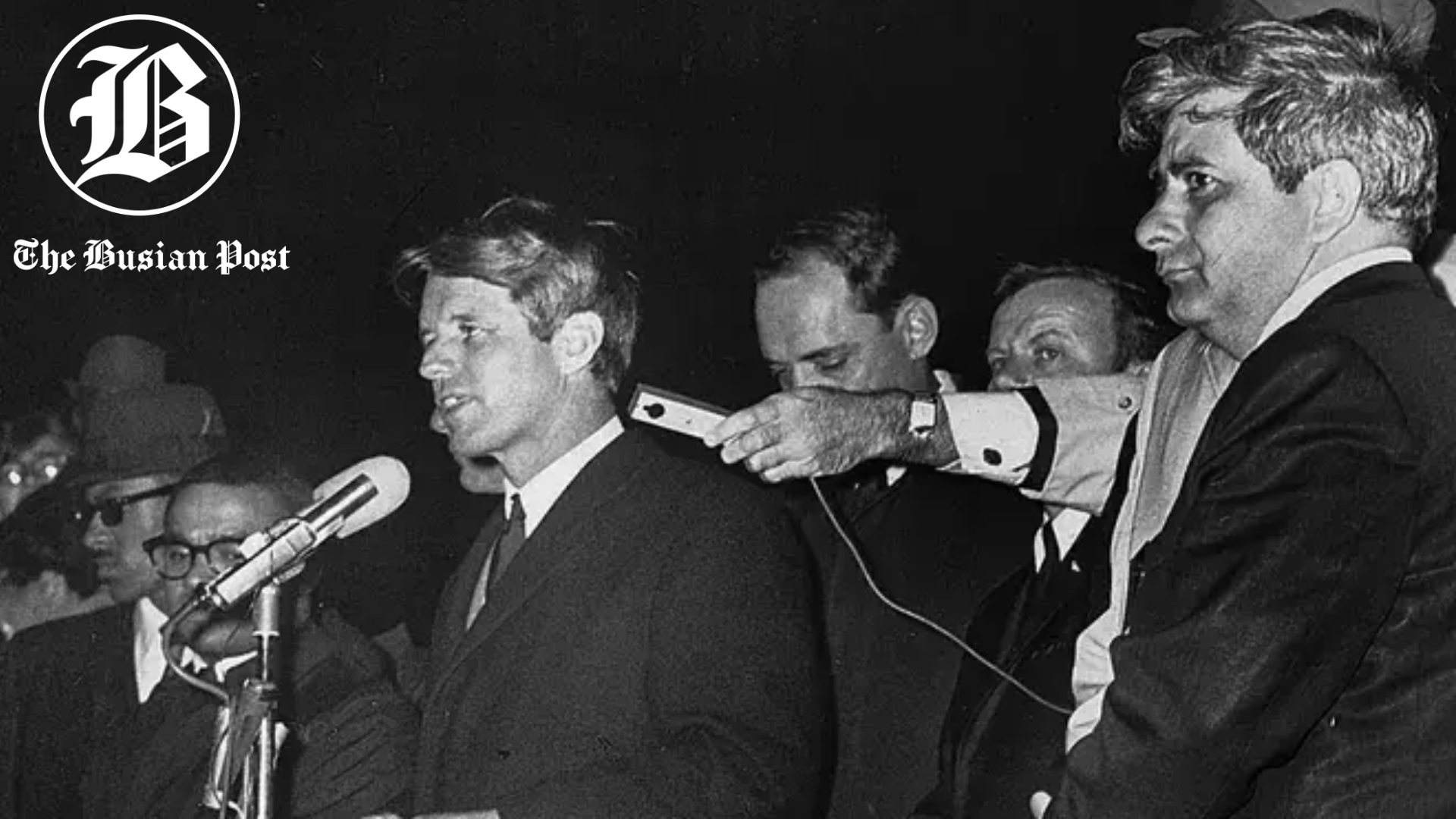
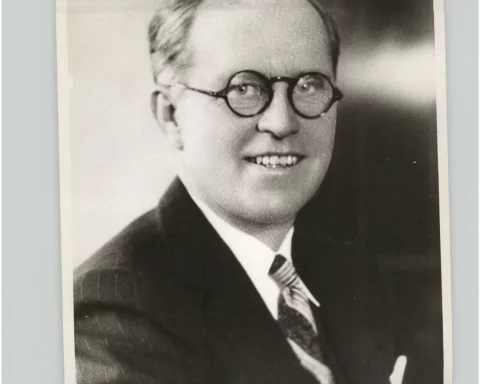

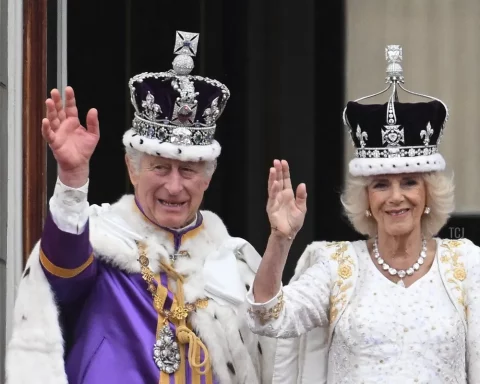
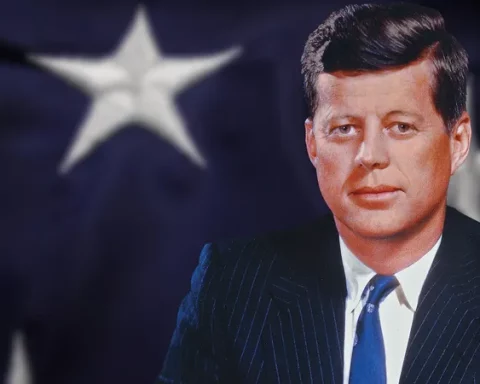
of course like your website but you have to check the spelling on several of your posts A number of them are rife with spelling issues and I in finding it very troublesome to inform the reality on the other hand I will certainly come back again
My brother recommended I might like this web site He was totally right This post actually made my day You cannt imagine just how much time I had spent for this information Thanks